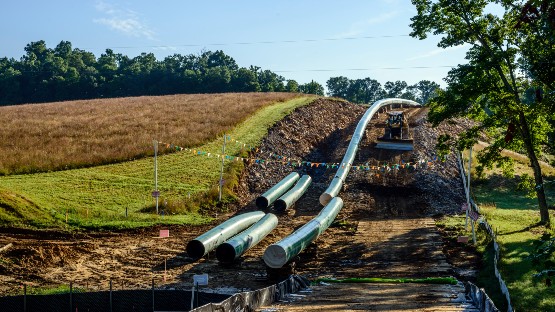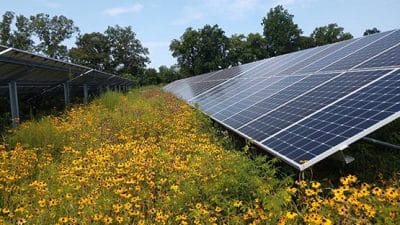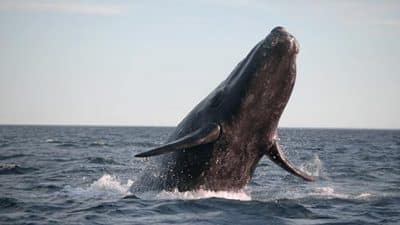
The Federal Energy Regulatory Commission announced its decision Tuesday to extend the deadline for construction of the Mountain Valley Pipeline Southgate.
The MVP Southgate is a proposed interstate natural gas pipeline previously approved by FERC to run approximately 75 miles from southern Virginia into central North Carolina.
In July 2023, the Virginia State Conference of the NAACP, the Pittsylvania County NAACP and Southern Environmental Law Center submitted comments on MVP’s request for an extension of time for the MVP Southgate project. SELC urged FERC to deny the extension because MVP failed to make good-faith efforts to secure the permits necessary and because FERC had not considered new circumstances related to the project’s impacts on minority individuals living in the vicinity of the proposed Lambert Compressor Station.
“Burdening community members with additional pollution from a gas-fired compressor station makes even less sense now than when this project was originally approved,” said SELC senior attorney Mark Sabath.
Greg Buppert, leader of SELC’s regional gas team, confirmed the harm that FERC’s decisions inflict on the climate.
“FERC must put the fight against climate change front and center. Extending the life of the MVP Southgate at a time when Virginia and North Carolina are working to reduce carbon emissions and seeking clean energy solutions hurts our chances and keeps us in the same polluting, inequitable cycle,” Buppert said. “Industry sells it like an elixir that helps cure the planet, but the reality is quite clear —methane gas is just another dirty fossil fuel.”
“FERC is allowing MVP Southgate to stumble along as a zombie project without any logical reason despite its potential harm to local communities,” said Mary Maclean Asbill, director of SELC’s North Carolina Offices. “FERC’s decision comes almost a year after gas power failed North Carolinians, leaving about 500,000 Carolina households in the cold and dark on Christmas Eve during freezing temperatures. In contrast, solar energy performed reliably when gas failed.”
We’ve seen this cycle in North Carolina as the state continues to grapple with how Duke Energy will fulfill its end of the state’s Carbon Plan that calls for the utility to reduce its carbon dioxide emissions generated in North Carolina by 70% compared to 2005 levels by 2030 and be carbon-free by 2050. Similarly, in Virginia the Virginia Clean Economy Act mandates that Dominion Energy and Appalachian Electric Power produce 100 percent renewable electricity by 2045 and 2050, respectively.










